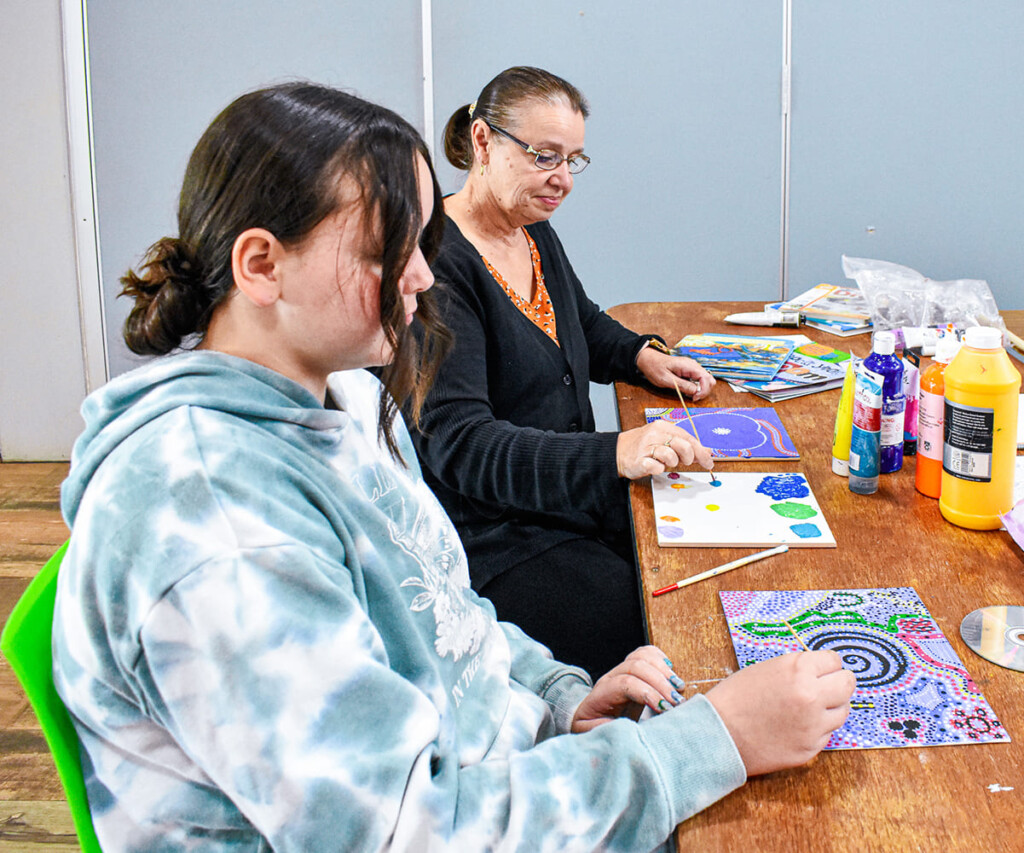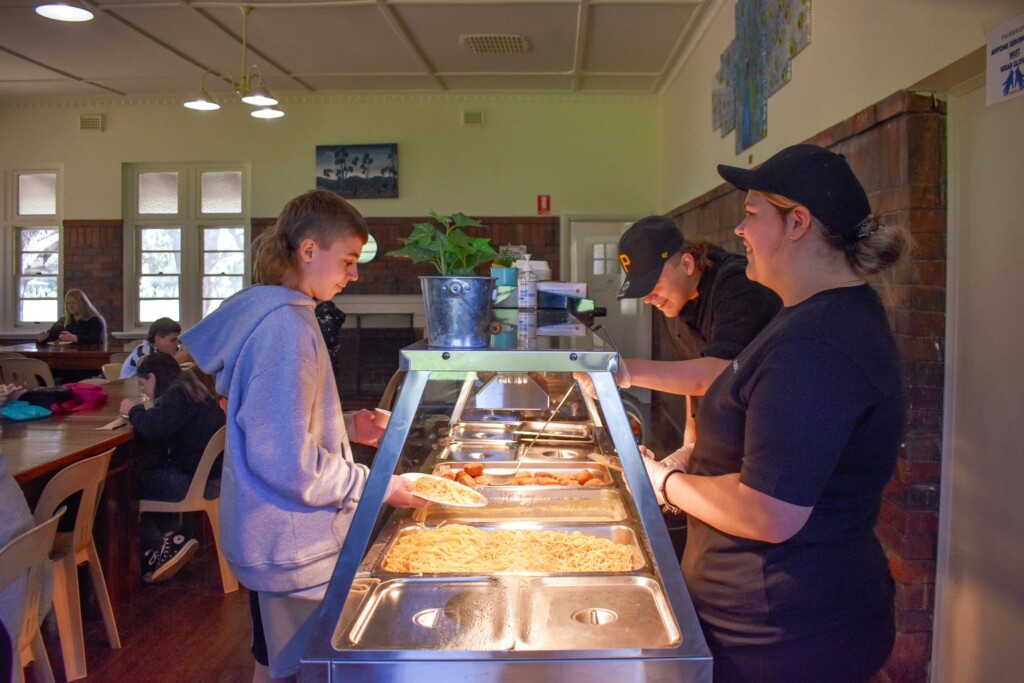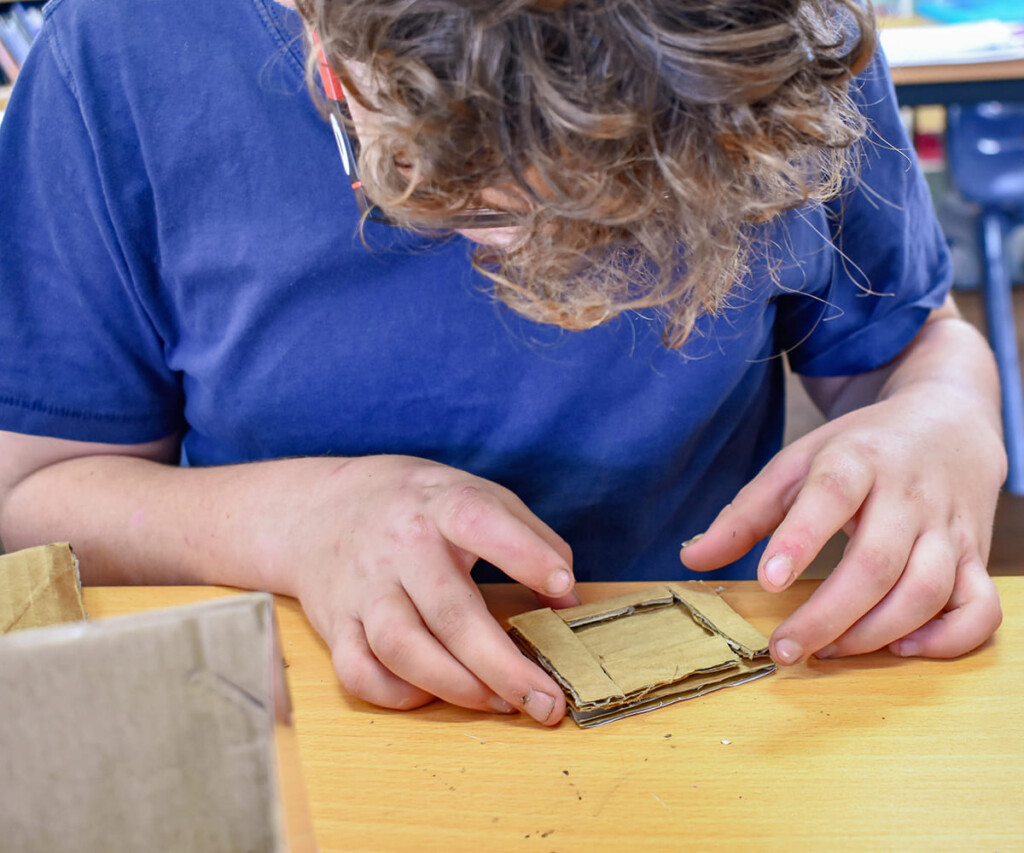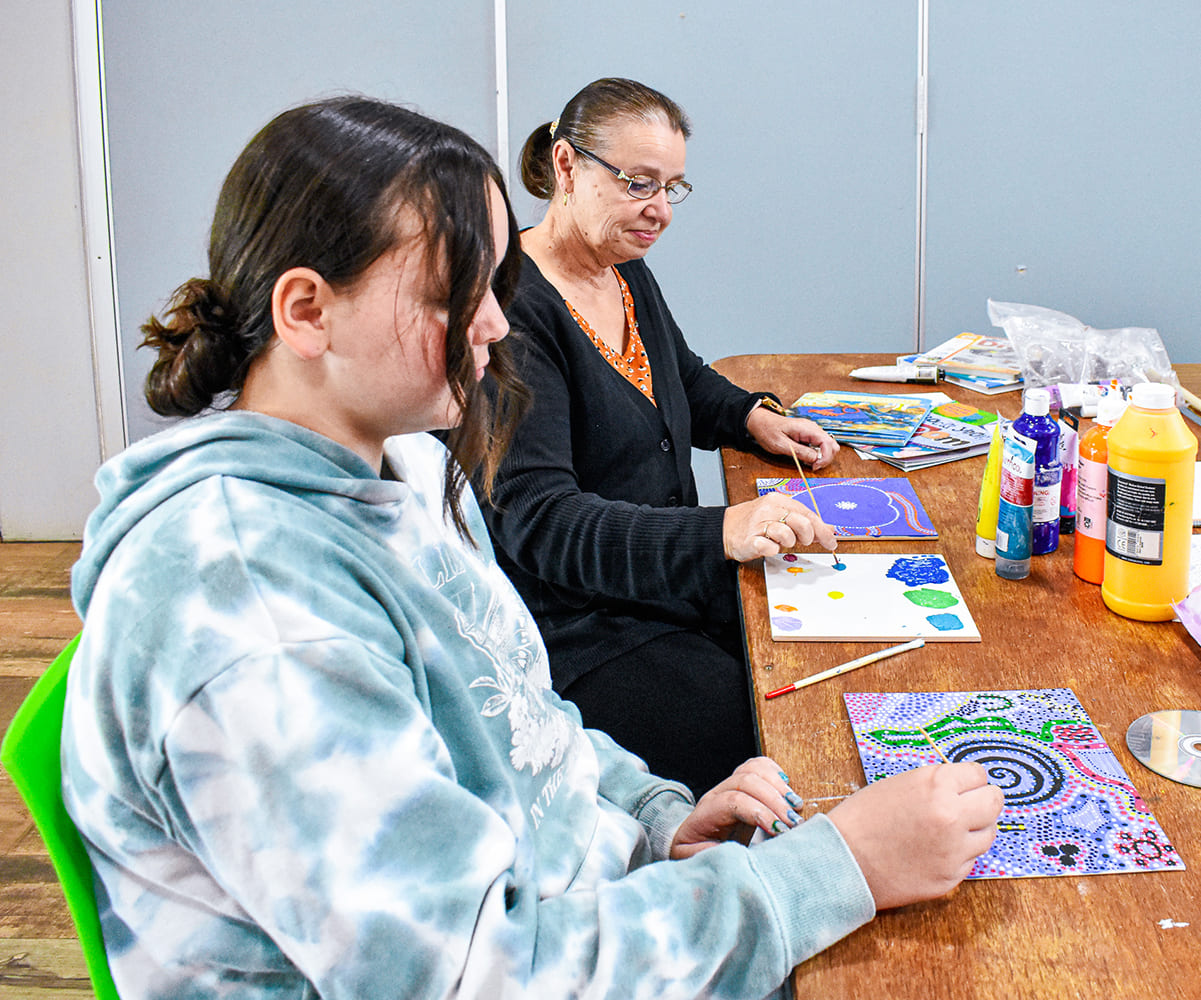
More schools, alternative education providers, and training organisations are recognising the value of specialised curriculums. These programs are designed to engage students through practical, career-focused learning that helps bridge the gap between school and the workforce.
Understand the Needs of Your Students
The first step to correctly implementing a specialised curriculum is understanding the needs of the students it’s designed to support. Specialised programs often target students who haven’t thrived in traditional schooling—whether due to learning difficulties, disengagement, or simply a preference for hands-on, practical learning.

Align Curriculum with Real-World Skills
One of the biggest advantages of a specialised curriculum is the ability to directly align learning with real-world skills and industries. Programs should focus on developing knowledge that students can immediately connect to job opportunities, further education, or personal growth.
This might mean integrating courses like construction, hospitality, agriculture, or digital media. It could also involve offering nationally recognised training or certificates that hold weight in the job market. By embedding practical skills development into every stage of learning, students see the purpose behind what they’re being taught.
Build Industry Partnerships
A specialised curriculum is only as strong as the real-world connections it offers. Building partnerships with local businesses, trades, and community organisations gives students hands-on experience while developing relationships that can lead to work placements or employment opportunities.
These partnerships allow students to get out of the classroom and onto worksites, into cafes, or even into community service roles. In return, local businesses benefit from a pipeline of young people who are already trained and interested in their industries.
Invest in Experienced Educators and Trainers
Specialised curriculums require more than just traditional teachers delivering standard lessons. The educators and trainers leading these programs need to bring industry knowledge, hands-on skills, and the ability to connect theory with practice.
Where possible, recruit staff with real-world experience in their fields—whether that’s a former chef teaching hospitality or a tradesperson running construction training. Their insights create more meaningful learning and give students a better understanding of what working in that industry actually looks like.
Create Flexible Learning Environments
The structure of traditional classrooms doesn’t always work for students in specialised programs. Instead, creating flexible, practical learning environments can make a huge difference in engagement and outcomes.
Workshops, kitchens, art studios, outdoor classrooms, and community spaces should all be considered. These settings provide students with hands-on experience and help break the monotony of classroom learning.
Incorporate Personal Development and Life Skills
A well-designed specialised curriculum goes beyond just industry skills. It should also equip students with the personal development tools and life skills they need to thrive—both professionally and personally.
Modules or sessions focused on communication, teamwork, financial literacy, mental health, and conflict resolution are essential. These skills support students not just in the workplace, but in their daily lives.
Monitor Progress and Adjust Regularly
No curriculum should be static—especially one designed to meet specific student needs and prepare them for industries that are always changing. Ongoing monitoring is critical to ensure the program remains relevant and effective.
Collect regular feedback from students, staff, and industry partners. Are students gaining the skills they need? Is the content still aligned with what employers are looking for? What’s working, and what isn’t?
Prioritise Mental Health and Student Wellbeing
Students in specialised programs often come from backgrounds where traditional schooling didn’t work for them. This can be due to trauma, learning difficulties, or disengagement caused by past negative experiences.
As a result, any specialised curriculum should put a strong focus on student wellbeing. This means having trained staff available to support mental health, providing safe spaces for students to regroup, and integrating wellbeing sessions into the weekly schedule.
Prepare for Pathways Beyond School
The ultimate goal of a specialised curriculum is to prepare students for success beyond school. Whether that’s entering the workforce, continuing into further study, or building the confidence to explore new pathways, the curriculum should be built around these outcomes.
Students should graduate with recognised qualifications, practical experience, and a clear understanding of what comes next. Career counselling, resume workshops, and job search support should form part of the program, helping students map out their next steps.
Engage Families and Communities
Families play a huge role in a student’s success. Bringing parents, carers, and even the broader community into the program helps strengthen support networks and keeps everyone invested in the student’s progress.
This might look like regular family catch-ups, invitations to project presentations, or updates on student achievements. It’s also worth looking at ways the curriculum itself can contribute to the local community—like community gardens, hospitality pop-ups, or construction projects that give back.

Make Use of Purpose-Built Facilities
Purpose-built environments can take specialised curriculums to the next level. Spaces designed specifically for vocational and practical learning give students the opportunity to practise skills in a realistic setting.
This is where organisations like Fairbridge in Western Australia stand out. Their education programs combine purpose-built facilities with a practical curriculum designed for career readiness. With access to real workshops, kitchens, and outdoor spaces, students learn in environments that mirror what they’ll encounter in the real world.
Final Thoughts
Specialised curriculums offer an essential alternative for students who don’t fit the mould of mainstream education. But success doesn’t happen by accident. It takes careful planning, the right people, strong industry connections, and ongoing support.
With these elements in place, specialised programs can transform lives—creating confident, capable young people ready to thrive in whatever path they choose.





